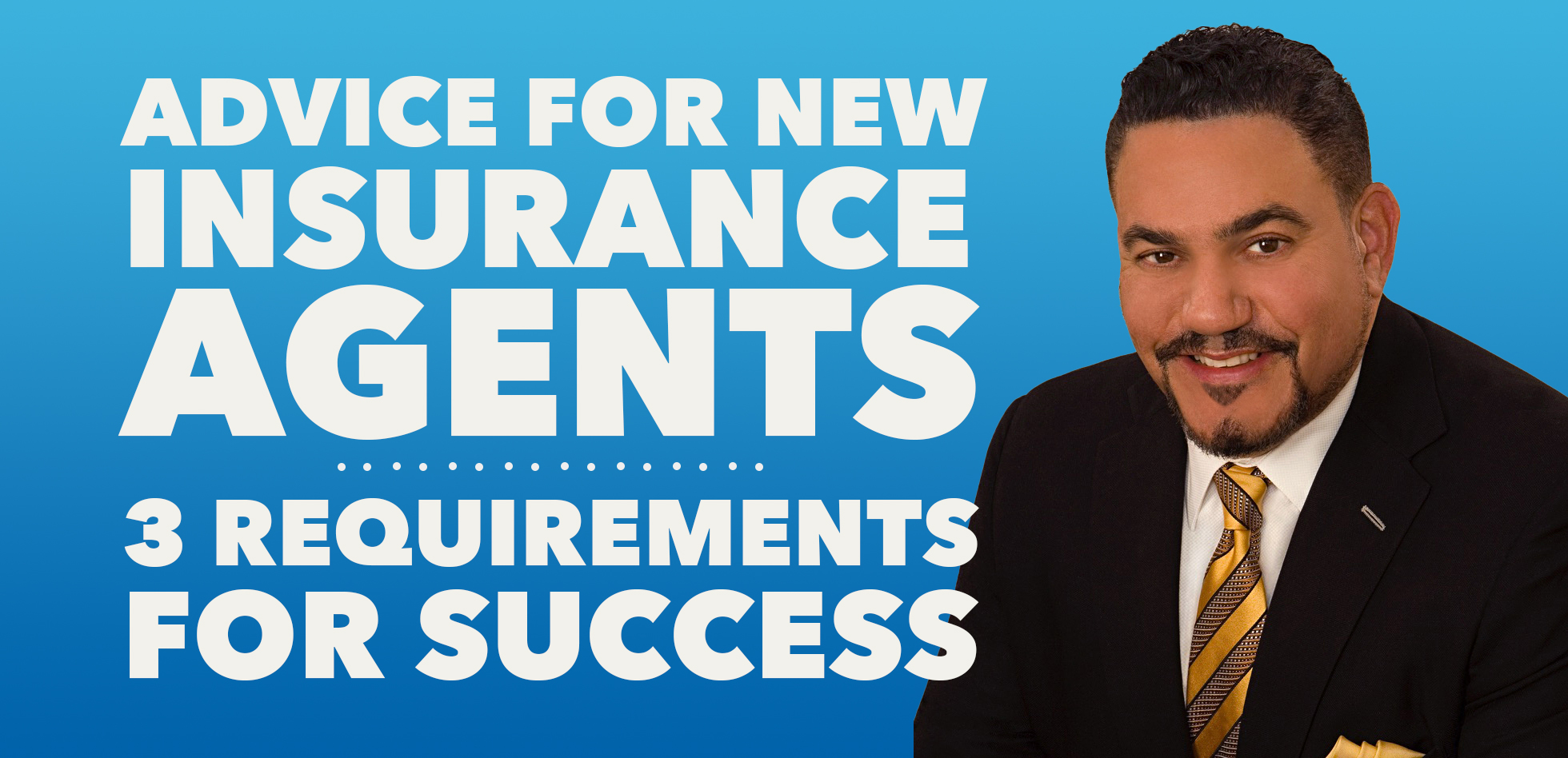For financial advisors, referrals are—and will probably always be—the primary method of generating new business. It seems like every business blogger out there has the best, top, greatest, or most unique ideas for generating referrals. Even so, regardless of the specific tactic you might use, to capitalize on the referral market, there are only two aspects of your business worth focusing on: delivering an exceptional client experience and continuously developing relationships with clients and the people within your sphere of influence.
10 Actionable Ideas That Encourage Referrals
If you are a financial professional looking for ways to build better relationships with your clients and prospective clients and garner more referrals, then there are three key goals you must achieve. One is to find a way to remain in consistent contact with them. Another is to develop a personal relationship with them that includes their spouses and children. And finally, you need—literally—to ASK for the referrals you want.
The 10 ideas listed below are ways that will help you earn referrals and move you closer to your own financial goals.
1. Ask for “introductions” instead of “referrals”
Since business referrals are the main source of new clients for most financial professionals, why would you hesitate to keep that pipeline full?
If asking your clients “Can you refer me to someone?” makes you uncomfortable, then try this instead: ask your best clients to introduce you to someone like themselves that they think will benefit from your help. You can do this by inviting your client and their friends to an event (see below), or you can ask them at a time other than when you are discussing their finances.
2. Host client events
Invite clients to a social event at least once a year. Consider hosting client-appreciation events aimed at building client relationships, events aimed at making introductions (encourage clients to bring a friend or family member), and celebration events (imagine the lasting impact that hosting a retirement party for clients retiring in the first quarter of a year would have!).
3. Thank your clients regularly, at least on a quarterly basis
You can create an outstanding impression and generate buckets of goodwill with a short phone call or a handwritten note sent through the good ol’ US mail service. And while it may be easy to use email for this purpose, fight the temptation. The key to a sincere expression of gratitude is to make it personal, and email just doesn’t cut it.
A highly unique way to consistently thank your clients is to send them a personally branded magazine. Specifically designed to help financial professionals earn more referrals, a free subscription to a magazine that features your image, business, and contact information will keep you top of mind. We offer four high-quality, personally branded magazines that are free of financial information (eliminating any compliance worries) that we’ll send to your exclusive list of clients every two months. Click here and get a free PDF sample sent to your inbox.
4. Schedule semiannual meetings to discuss changes in their financial plans
Financial advisors will typically meet with clients twice a year, but there is no rule that says you can’t meet more frequently. Consider having these meetings in a place other than your office—relationships form more easily when you interact with people outside of the office. Try meeting for coffee, lunch, a round of golf, or plan to engage in an activity you know they enjoy.
5. Ask about your clients’ financial goals and life goals
Every client expects their financial advisor to be interested in their financial goals, but not all of them will expect you to take a deep and sincere interest in their more personal life goals. Sure, you may know that a client wants to retire to a more southern state, but do you know why they want to go south, what state they want to move to, or the type of living situation they want?
Understanding your clients’ personal goals in addition to their overall financial goals will help you make more appropriate suggestions about their finances and give you more insight that may lead you to more opportunities. You may even discover you have things in common, which you can use to develop a more personal relationship. Make sure you capture what you learn in your client database/CRM.
6. Provide materials for parents to use while talking to their children about financial responsibility
You probably already know this, but financial illiteracy is rampant among American teens and their parents. However, according to one survey, the good news is these same teens want to know more about money and how it works. You could offer to help parents educate their children about fiscal responsibility. Consider hosting a seminar for young teens about the fundamentals of personal finance and telling your adult clients about it. Not only will you earn their mutual gratitude, but you’ll also have the opportunity to develop closer relationships with the next generation.
7. Provide clients with a no-pressure opportunity to provide feedback
Asking clients for feedback or requesting they provide a review of your services doesn’t need to be an awkward conversation. It could be as easy as pointing clients to a feedback button on your website or sending them an annual survey. You should also invite your best clients (those you’d love to clone) to participate on an advisory board. Many will feel honored to be asked and will provide guidance helpful suggestions.
Quick note: if you decide to use any reviews in your advertising, be sure to follow the SEC’s rules about using client testimonials.
8. Define and communicate your mission and values
A mission statement needs to be embraced by all those who work under its guidance. It should include your purpose, your values, and your goals. More than a screensaver or plaque on the wall, an effective mission statement will make plain what your clients can expect from you. Consistently fulfill those expectations, and your clients will increasingly trust you and feel comfortable referring you.
9. Create consistency in your communication methods, in both branding and delivery
Your brand is what your clients and others perceive it to be, so it makes sense that you’d want to try to control that perception as much as possible. This is one reason why it’s important to ensure everyone in your company is on the same page when it comes to communicating the mission and other messages correctly and consistently. Again, this is a matter of setting and meeting your clients’ expectations.
It’s also important to honor your clients’ preferred ways of communicating. It may be easiest for you to fire off a quick email to a client, but if she prefers phone calls to email, then honoring that preference shows consideration and better meets her needs. That consideration and care, as simple as it may be, goes into forming a client’s overall opinion of you and the relationship you have.
10. Participate in social media
When your aim is to persuade people to let you manage their wealth, you can be sure they’ll want to know, like, and trust you before they agree to put their financial futures into your hands, and social media is an effective way to ensure that happens.
There are dozens of ways that financial advisors can use social media to stay in touch with their clients and still remain compliant. Consistently sharing educational information will position you as an expert who can be trusted. But you don’t want to talk shop all the time; all work and no play makes you boring and even annoying. To keep people coming back, provide them with information that is also entertaining and useful in other ways. We have an automated social media tool that makes posting personally branded articles on social media virtually effortless.
And don’t be shy about sharing personal photos, stories, and goals. Sharing your personal side helps people relate to you more easily, and when you are relatable people are drawn to you. Clients who feel a personal connection with you are more likely to recommend you to friends and family.
Embrace these top 10 ideas for the next 12 months to build the type of relationships that turn clients into raving fans and brand advocates that become like volunteer client-recruitment specialists—they actively talk about and promote your business by referring you to their friends, family members, and colleagues.









 Apple Podcasts
Apple Podcasts
 Google Play
Google Play
 Spotify
Spotify





















